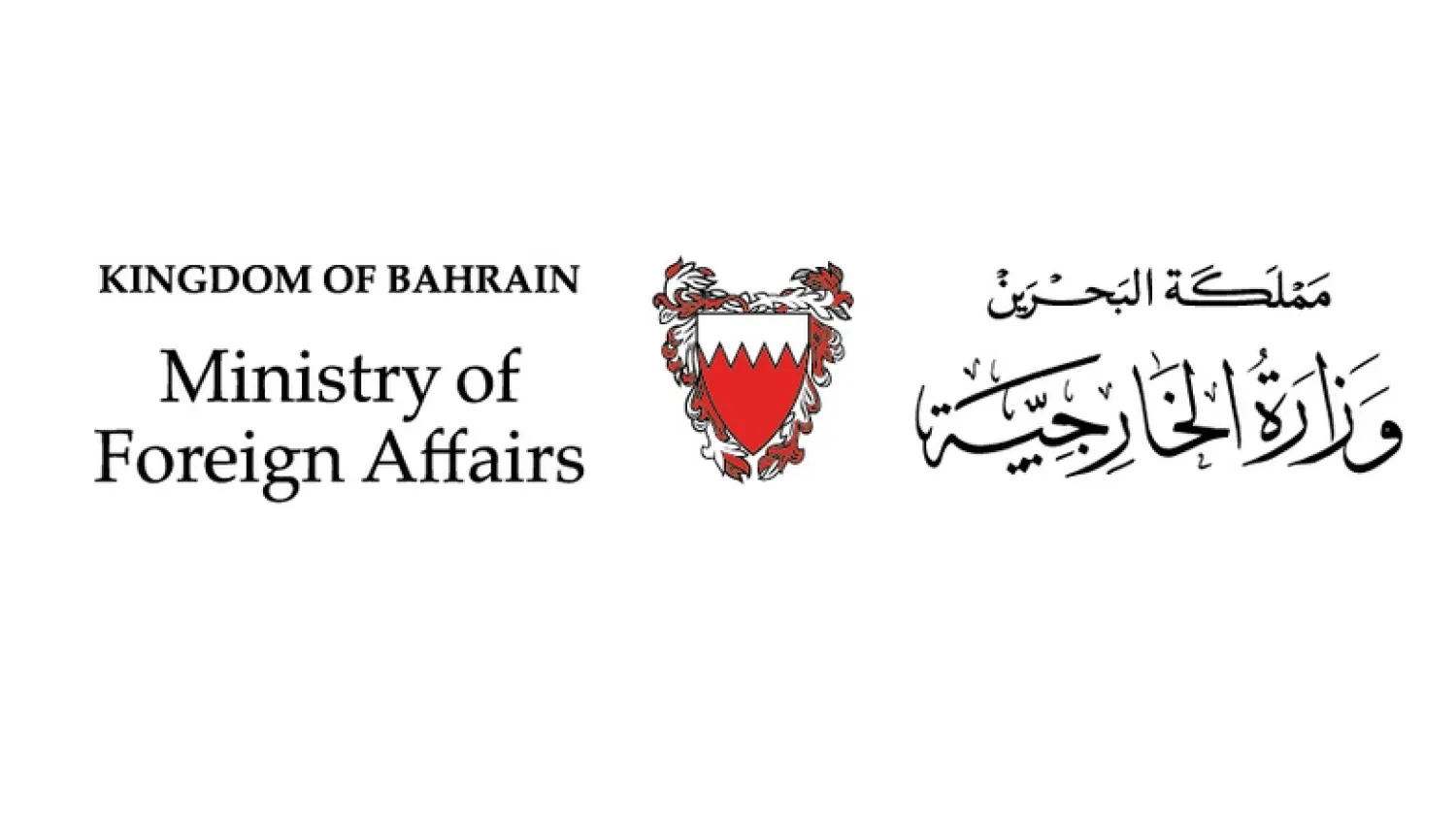Bahraini Ministry of Foreign Affairs issued a report entitled "The Legal protection of Human Rights: Achievements and Challenges" in response to Amnesty International's allegations in its report on the human rights situation in Bahrain published last September.
Amnesty International's report contained false allegations and interpretations of what it called "suppression of the opposition".
The report affirmed Bahrain's pride in its human rights record and its adherence to most of basic human rights conventions, like the International Covenant on Civil and Political Rights and the United Nations Convention on the Rights of the Child.
The Ministry stated that Bahrain recognizes the importance of promoting respect for human rights and its protection, a process that is both challenging and difficult.
Therefore, the Kingdom of Bahrain exerts all efforts to promote and protect human rights in spite of all challenges, including external interference in its affairs and sovereignty, increased sectarian and extremist dangers, regional conflicts, intolerance, terrorism and violations of citizens' right to live in safety.
These terrorist acts violate the right to safety and impede efforts to ensure stability and comprehensive development, added the statement.
The ministry reiterated Bahrain's efforts, in accordance with the law, to confront and deal with terrorism while protecting human rights through national protection mechanisms that monitor the respect of national laws and institutions without compromising social, political and civil rights of individuals. These mechanisms, the ministry added, have become an important factor in activating the legislative provisions and working to respect them.
In its report, Amnesty International earlier stated that several of its investigators looked into alleged human rights violations during the period from June 2016 to June 2017. However, Amnesty failed to mention its method of verifying the credibility of its sources, and the objective indicators it had set for itself in reading media reports or other references.
Amnesty International sought to collect information on allegations of human rights violations, stressing that there was a severe lack of access to credible information, indicated the ministry.
The Ministry explained that legal means have been provided to ensure criminal and disciplinary accountability for those charged with committing acts of torture or cruel, degrading treatment.
The Public Prosecution also affirmed it will challenge these facts as provided by the law and will determine disciplinary responsibility, irrespective of rank or position.
Accordingly, the Special Investigation Unit referred many cases to the competent governmental authority to try those found guilty of omission or disciplinary negligence, in addition to what is referred to the competent criminal courts in the light of criminal responsibility.
As for the shutdown of al-Wasat newspaper, the report stated that the legal procedures to suspend the issuance of the newspaper in June 2017 came as a result of its repeated violations to Law of Press, Printing and Publishing of 2002, and national and international press and media covenants.
Concerncing Amnesty International's recommendation on freedom of assembly, the ministry stressed it will ensure that there is no prohibition on the exercise of the right to peaceful assembly, especially when it is done in accordance with legal provisions ensuring safety of participants, maintain public order and morals, and protect the rights and freedoms of others.
The ministry established Special Investigation Unit in accordance with the decision of the Attorney-General of 2012, and the General Secretariat Ombudsman, which is an administratively and financially-independent body of the Ministry of Interior.
The ministry also established a new Directorate of Internal Investigations, which is responsible of examining complaints related to allegations of wrongdoing by any members of the public security forces. It has also issued the Code of Conduct for Policemen under Ministerial Resolution.
Regarding allegations of arbitrary strip of citizenship and forced deportation, Foreign Ministry stated that the deprivation of nationality occurs in accordance with the constitution and mechanism provided by the law either based on judicial decisions or upon the order of Interior Minister after government's approval.
In its report, the Ministry of Foreign Affairs affirmed that the government has compensated victims of human rights violations and adopted a civil settlement initiative to compensate the victims of the events of February and March 2011.









